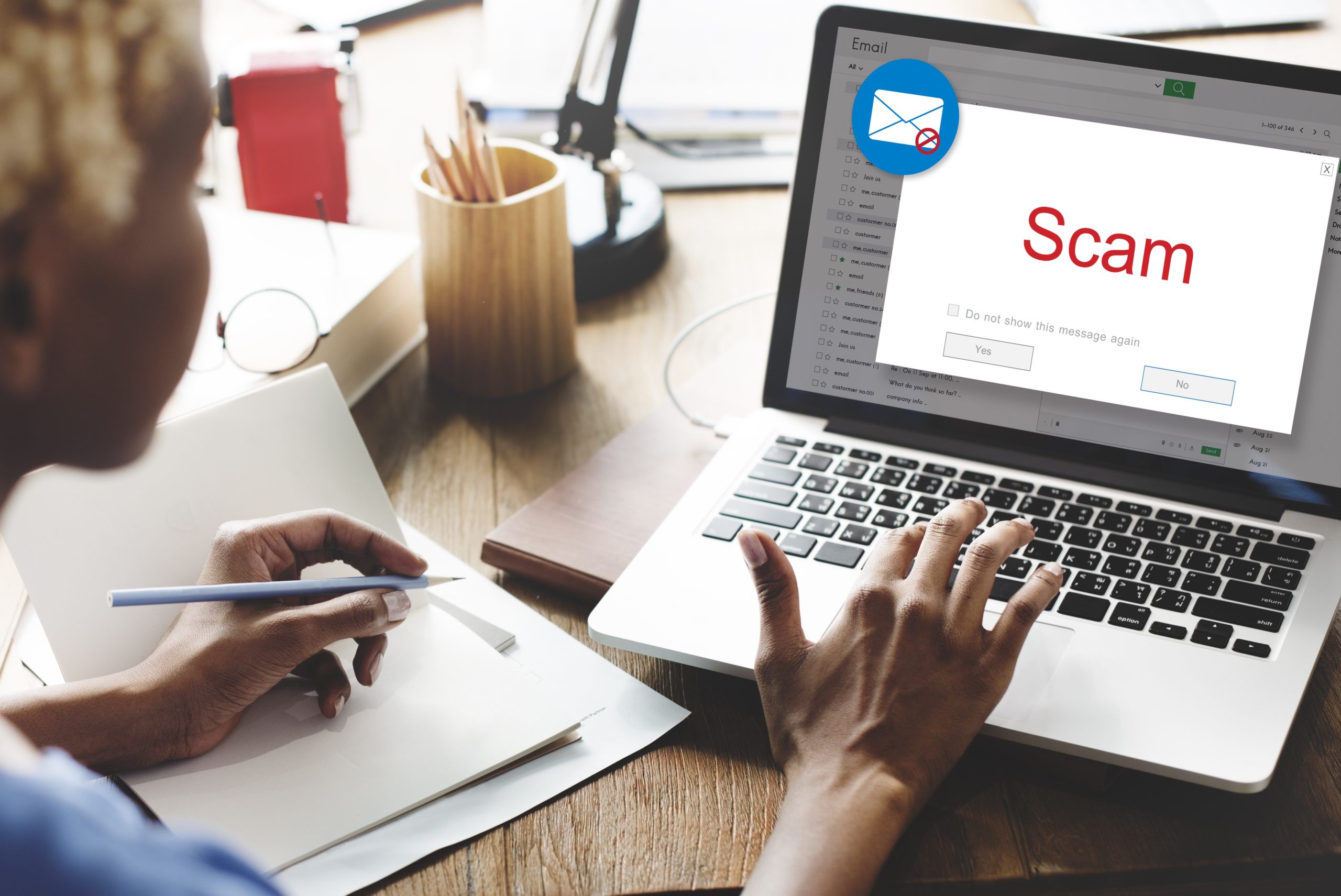
19 May REALTIME SOUNDBYTES: PROTECT YOURSELF FROM BEING SCAMMED
In May the Home Secretary Suella Braverman made a commitment to crack down on text scams and cold calling in what we hope will be the beginning of more robust protection to consumers being scammed.
In addition it was also announced that a new fraud squad will be set up to help fight online crime. It’s a welcome move forward but still leaves millions of us vulnerable to email and text scams. So whilst we wait for these new measures to come into play, here is some advice on how to protect yourself in the immediate future.
Most of us are inundated daily with unsolicited emails. And if you add in a busy lifestyle with an ever-growing inbox you begin to see why it can be easy to be caught out by scammers. Let’s begin by explaining what “phishing” is and why these forms of communication are sent.
A phishing email is a fraudulent form of communication that at first glance looks genuine. Criminals masquerade as an authentic business aimed at getting you, the recipient, to divulge sensitive information that they can use to extract money from your account or infect your device with a virus. Most scams are obvious and easy to spot but they are getting more sophisticated.
Besides email, they can also take the form of WhatsApp and text messages. Most common examples are a refund on your tax return from HMRC, an invoice attachment from a company you know but haven’t dealt with recently or confirmation of a purchase from Ebay to name a few. So, what action should you take? We advise taking these 3 simple steps
Pause * Investigate * Protect
Pause
Take a moment to sit back and review.
Be suspicious of any email asking you to take some kind of action.
Never click on a link unless you are expecting it and are absolutely sure it’s from a genuine sender.
Investigate
Firstly, check out the sender. Do you recognise them? Is this being sent out of the blue? Is it a company you regularly deal with?
Secondly a reputable business will have their own domain names, for example barclays@emails.barclays.co.uk. We recommend you google the company and find out through their “Contact us” page what their official email address looks like. Then review against what has been sent to you. If it is a scam the difference should be obvious such as a gmail or yahoo account or the inclusion of letters or numbers.
Thirdly check for other signs like poor grammar or spelling mistakes.
And finally, no bank or reputable company will send out unsolicited emails asking for confidential information. You should contact the company directly to clarify if you receive such a request.
Protect
We at Realtime can advise and install important functions on your device that will limit the risk of being scammed.
In the first instance we recommend you use a strong password which should include special characters. And would advise against using the same password across multiple accounts.
One of the best ways to protect your online security, is to use a reputable “password manager” such as 1password. This app or browser extension will generate a unique password and store it in an encrypted format, so they are safe from hackers.
Another form of protection is to ensure you have the latest anti-virus software installed. This will prevent, detect, and remove malicious software, or malware, from a computer.
In addition, make sure you have an email spam filter which will help to block and filter unsolicited emails.
Finally, we recommend you set up multi-factor authentication on your accounts. So, if the unthinkable does happen and your login details are compromised, this will give you another line of protection.
For further information or advice, we are always around to help so please do get in contact with us.

